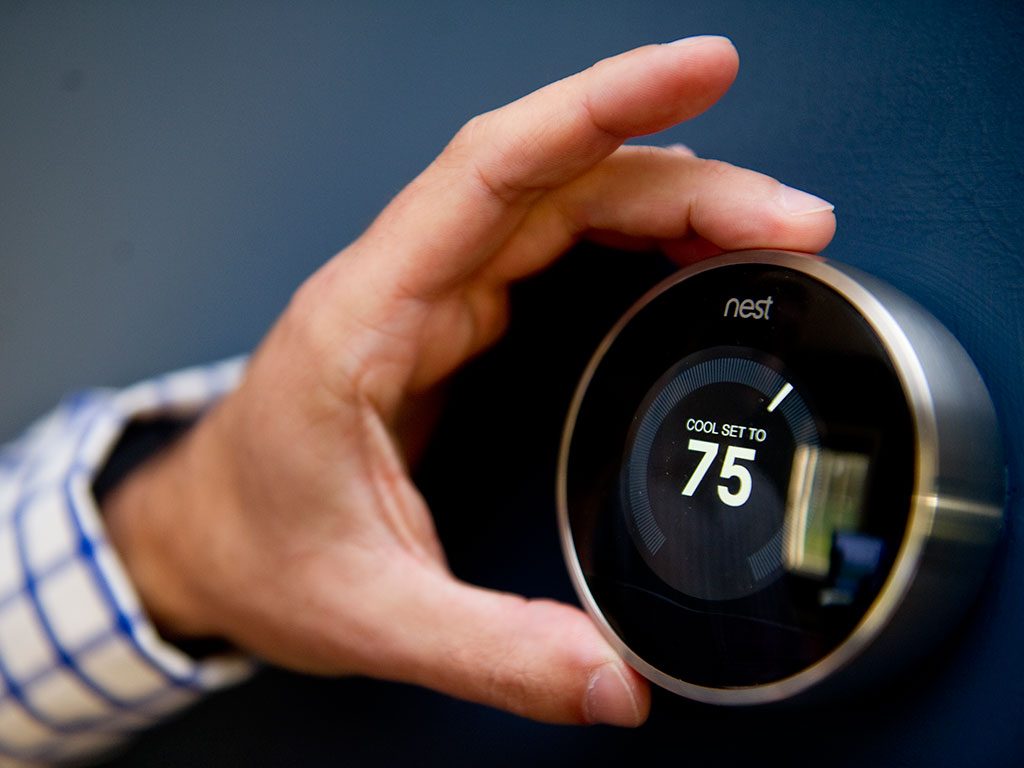 Google expands its product base with Nest
Google expands its product base with Nest
Google Focuses on Building the Nest
“When Nest appeared in 2011, it was a novel enterprise from a leader with a storied pedigree. Nest co-founder and former CEO Tony Fadell became known as the Godfather of the iPod after he played a key role, with Steve Jobs, in developing the seminal music player. Following Fadell’s departure from Apple in 2010, he and Nest co-founder Matt Rogers focused on reinventing another market. The answer: a smart remake of home thermostats. The idea was to create a whole suite of forgotten household products that had been reimagined for the internet era. The startup announced its second product, the Nest Protect smoke detector, in 2013.”
The paragraph above is from an article in Cnet.com concerning Google and Nest going back into business together.
The two companies have worked together since 2014 when Google purchased Nest, however, Nest operated outside of Google’s direct hands-on effort, perhaps because it was the only profitable part of Alphabet during the past three years.
“Under the new org structure, Nest CEO Marwan Fawaz reports to Google’s hardware chief, Rick Osterloh, a former Motorola executive who took charge of all Google’s consumer devices in 2016. That includes Google Home smart speakers, Pixel smartphones and Chromecast streaming devices,” according to the Cnet.com article.
The numbers these companies are throwing around regarding the Internet of Things are mind-boggling. More than 5 billion devices involving voice and digital assistants, including Alexa and Google Assistant, are expected to be in use by consumers this year, according to IHS Markit. Another 3 billion are expected to be sold by 2021. Smart speakers will comprise the majority of sales, with 39 million units expected to be sold, up from 27 million in 2017.
Now consider the number of thermostats, garage doors, light switches, front door cameras and speakers that are currently in use.

Marwan Fawaz of NEST
As smarthomes are built with digital assistants already installed, it’s clear that this is only the beginning of this trend. Here are some more numbers to ponder⎯in February Google made a $1 billion investment in smartphone manufacturer HTC, which brings to Google over 2,000 HTC engineers⎯many of whom worked on the Pixel phone.
With IoT markets reaching the boiling-over point in sales and the market predictions of the next five years of sales, Google, Amazon and Microsoft can rest easy, as their profits will be practically guaranteed by the coming bonanza of interactive products. For a deeper look at these numbers and predictions, check out the Cnet.com story.







Leave A Comment